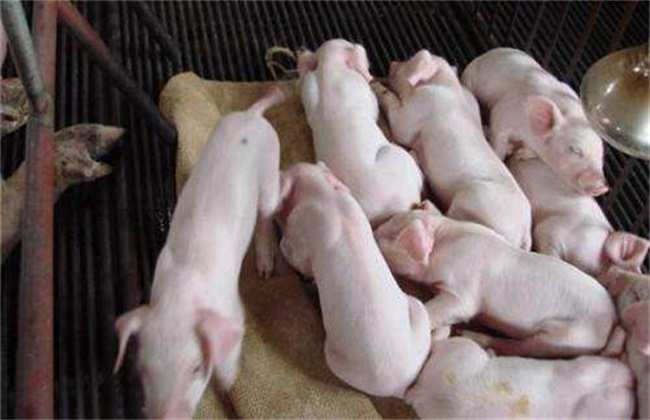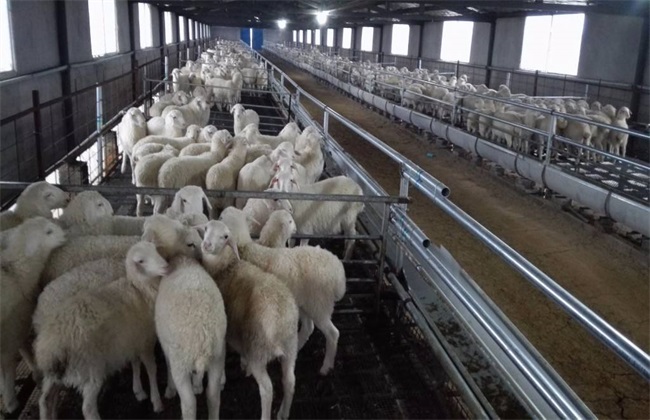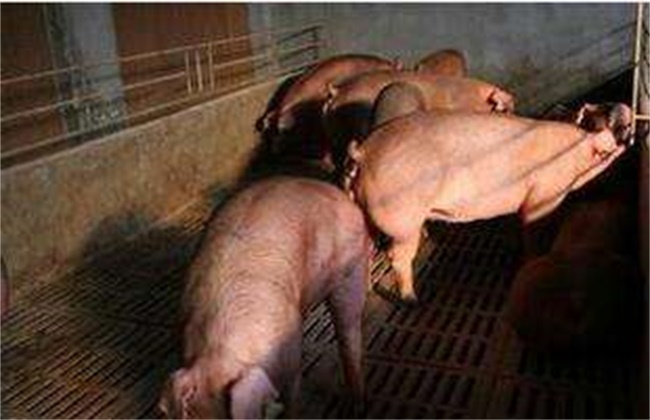How to treat the dehydration of weaned piglets
After weaning, piglets are usually transferred to a nursery for rearing. The first thing to do in raising weaned piglets is to train them to drink water, but the first drinking time of piglets is usually affected because of environmental changes and other factors after weaning. If it is not managed properly, it can easily lead to dehydration of weaned piglets and seriously inhibit the growth of piglets. So how to treat the dehydration of weaned piglets? Let's take a look at it.

1. Causes of dehydration of piglets
There are many reasons for the dehydration of piglets, such as indigestion caused by infectious diseases and so on. Because the physiological functions of piglets are not perfect, the food can not be digested in time, and the secretion of digestive enzymes is not comprehensive. Especially after weaning, the increase in food intake will aggravate the phenomenon, resulting in indigestion in piglets. These undigested foods will stimulate the gastrointestinal tract of piglets, causing the gastrointestinal tract to speed up peristalsis, secrete too much gastrointestinal fluid and release dehydration. And if after weaning, piglets eat something dirty and cause serious diarrhea, it will also lead to dehydration.
2. How to treat it
Provide adequate drinking water
The first solution to the dehydration of piglets is to provide adequate drinking water. In order to ensure that every piglet can drink enough water, every 10 piglets have to set up a water fountain. And we should strictly control the quality and temperature of the water before providing drinking water for piglets. In addition, it is best to ensure that drinking water has a certain micro-flow rate. This can also ensure the activity of water, improve the quality of water, make dehydrated piglets return to normal as soon as possible, but also play a preventive role.
Prevention during weaning
The stress caused by piglets entering a strange environment and changing groups are the main reasons for the dehydration of piglets after weaning. Therefore, we should take preventive measures through these aspects, so that piglets can drink some electrolyte water properly before piglets are transferred, so as to improve the growth ability of piglets after weaning. At the same time, it can also be fed with some gel feed, which contains comprehensive and rich nutrients, which can not only protect the intestinal tract of piglets, but also ensure that piglets eat and drink after weaning. Therefore, we should provide electrolyte water about a week after weaning and gel feed a week before weaning.
Other preventive measures
In addition, some diseases and vaccinations may also lead to dehydration of piglets. One of the main symptoms of dehydration in piglets is diarrhea, because if diarrhea is serious, it can lead to an imbalance of electrolytes and water in pigs. Therefore, we should control the environment of the pig house, strengthen the ventilation management, regulate the temperature and humidity, and ensure that the environment is dry and clean. When diarrhea occurs, electrolyte water and gel feed can be used to improve the imbalance in pigs and restore their growth as soon as possible.
The above is a brief introduction to how to treat the dehydration of weaned piglets. That's all for today's introduction. This article is for reference only. I hope it can help you all.
Related
- On the eggshell is a badge full of pride. British Poultry Egg Market and Consumer observation
- British study: 72% of Britons are willing to buy native eggs raised by insects
- Guidelines for friendly egg production revised the increase of space in chicken sheds can not be forced to change feathers and lay eggs.
- Risk of delay in customs clearance Australia suspends lobster exports to China
- Pig semen-the Vector of virus Transmission (4)
- Pig semen-the Vector of virus Transmission (3)
- Five common causes of difficult control of classical swine fever in clinic and their countermeasures
- Foot-and-mouth disease is the most effective way to prevent it!
- PED is the number one killer of piglets and has to be guarded against in autumn and winter.
- What is "yellow fat pig"? Have you ever heard the pig collector talk about "yellow fat pig"?



